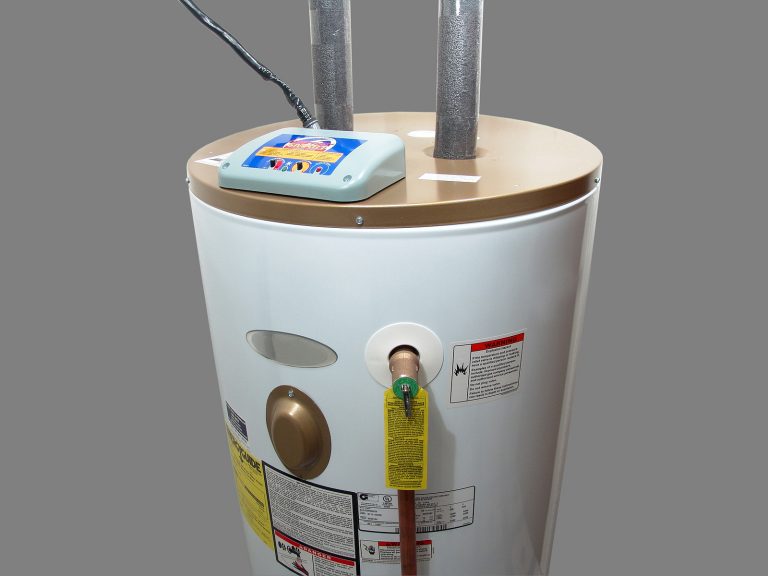Showering can be a drag during the winter months, especially if you don’t have any warm water to bathe with. Back in the day, when water heaters didn’t exist, you could probably get away with not showering for more than a few days with the excuse of the cold weather. Today, water heaters have made showers less miserable thanks to the availability of warm water. There’s no reason to avoid bathing unless you need water softeners to take a bath.
Water heaters are essentials when it comes to homes. It’s rare that you see homes functioning without a water heating system. However, like all machines, water heaters can break down over time and malfunction. The average water heater lasts 10-15 years before you need to replace it.
The good news is that there are several things you can do to keep your water heater in check and its best condition. With general repairs and regular maintenance, your water heater will last longer, and you don’t have to worry about malfunctioning anytime soon.
This article will break down the top 3 things you need to know about maintaining your water heater. Read on below to find out more!
Don’t miss out on general repairs.
General water heater repairs are imperative if you want to keep your water heater in mint condition. The average repair cost is around $540. Some things such as flushing yearly need to be done to keep your water heater clean and free of sediment build-up. Although sediment build-up won’t damage your water heater directly, it can affect how efficiently it operates.
Besides flushing your water heater yearly, you should also insulate the tank and its pipes, replace the anode rod and air intake filter, and adjust the temperature accordingly. Doing general repairs will maximize the lifespan of your water heater, and the chances of leaks, damages, or malfunctions will be decreased significantly.
Regularly inspect your water heater.
You must take time to observe and inspect your water heater regularly. Regular inspections will help you catch issues early on when they’re far easier to take care of. Leaving problems to fester until they get worse will help you end up with an expensive repair bill or the need to replace your water heater before their time.
Another thing you should do is test the temperature-pressure relief valve regularly. The primary function of this valve is to release pressure if the water heater has too much water. So, if the water isn’t coming out as it should or the valve isn’t working as it should, then it might signify damage or a leak.
You can do this by regularly checking the temperature, listening for any odd sounds, or just seeing if anything is functioning strangely. The key is to be observant and be on guard for any strange signs. A leaky water heater can cause a lot of problems for a home. A leak that goes unnoticed can result in adverse effects such as mold growth and flooded basements.
Know when to make a replacement.
The sad fact is that your water heater won’t last forever and unlike your r22 refrigerator a simple setting won’t be enough. As we’ve mentioned before, water heaters typically last 10-15 years maximum. By the time it has reached its tenth year, you should get it inspected and pay extra attention to it. Meanwhile, you should start looking for replacements.
Today, you can choose from a variety of water heater types, and as technology continues to advance, newer models have become cheaper and cheaper to run. Depending on your home’s needs and requirements, you are free to choose from different water heater types and models.
Around 60% of homes use gas water heaters, and only 40% have opted for electric water heaters. Despite gas water heaters having more users than electric ones, more and more people are switching sides. Gas water heaters can be tricky to deal with, and it’s always better to call in a professional when dealing with one. Electric water heaters are becoming a favorite of many homeowners because they’re more efficient and environmentally friendly.

